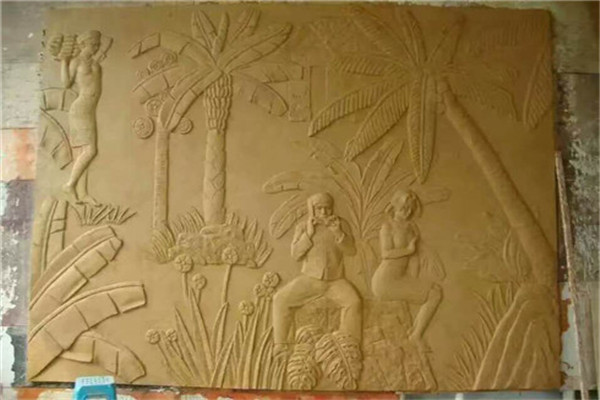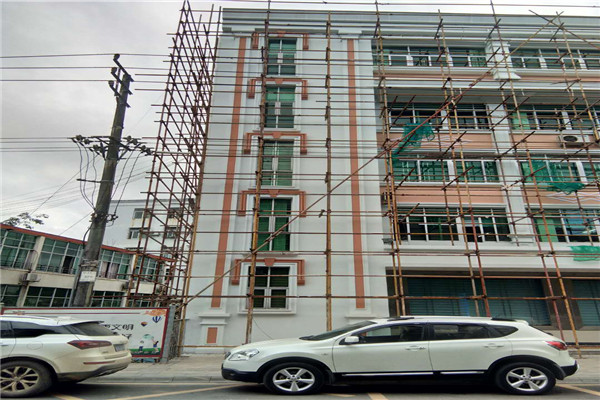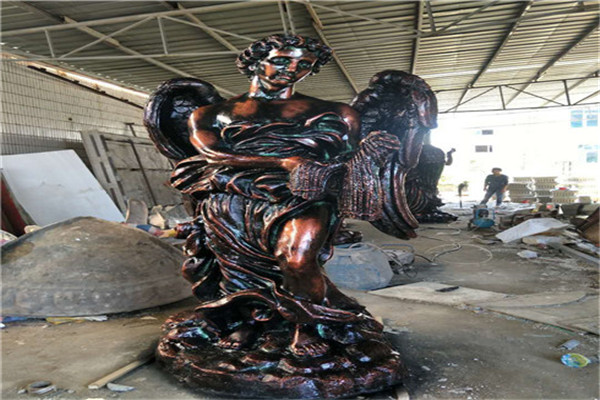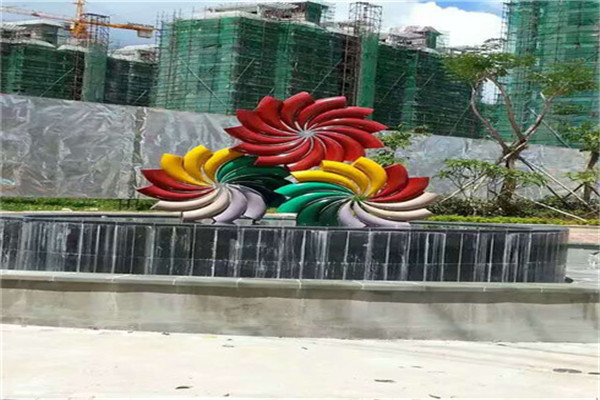In the process of tourism development, landscape already exists. From the domestic Terracotta Warriors and Horses, the Shinto of the Ming Tombs, Dunhuang Grottoes, etc., a large number of tourists at home and abroad have been attracted. In recent years, Beijing Shijingshan International Sculpture Park, Miyun Legal Park, Changchun Sculpture Park, and OCT Sculpture Park, a number of urban theme parks, are also attracting tourists from all walks of life. Foreign theme sculpture parks such as Vigeland Sculpture Park, Seattle Olympic Sculpture Park, South Korean Sex Sculpture Park, etc. also attract many tourists. Here, the theme sculpture parks and similar tourist areas that have been well used in tourism development are classified to find the commonalities and differences among them, so as to provide reference for the application of sculpture landscape in tourism development.

Copper casting is an important part of Chinese traditional culture and art. Nanchang EPS line Copper casting has a long history and mature technology. The process of casting copper is more complicated than that of forging copper, and the artistic creation has a good recovery. Therefore, it is suitable for becoming the material of fine works and is very popular with artists, especially figure sculpture. But it is easy to oxidize, so pay more attention to maintenance. Each cast copper artwork is made through 11 complex and rigorous processes, which have traces of traditional handicrafts, cost performance EPS line The lines also have the modern technology of precision casting. Cast copper is put into the sintering furnace and sintered at 1000 ℃ - 1150 ℃ according to different metal materials. The copper liquid is immediately cast into the ceramic shell. After cooling, the outer ceramic shell is broken, and the copper product rough embryo is peeled out.

Lacquer carving is a traditional handicraft in China, also called red carving. Its technique began in the Tang Dynasty, and its process is extremely complex. Paint, tire The process of polishing and polishing is complicated and takes a long time, so large lacquer carvings are also extremely expensive and have always been the furnishings of royal families and nobles in ancient times. Lacquer carving is a technique to carve patterns on stacked flat lacquer bodies. It was introduced into Beijing during the Yuan and Ming Dynasties. Through the painstaking research of lacquer carving artists, the lacquer carving technique has gradually become perfect and mature, and lacquerware has become a handicraft with Beijing characteristics. Beijing lacquer carving is as famous as Hunan Hunan embroidery and Jiangxi Jingdezhen porcelain. It has been known as the "Three Masters of Chinese Arts and Crafts". For many years, lacquer carving has been favored by lacquer carving art lovers at home and abroad for its unique craft, exquisite and beautiful shape without losing a sense of solemnity.

Full name of GRC component: GRC building detail decoration component. Abbreviation of the specification: GRC building details. Because the name of GRC building detail decoration component is too long to remember, lines are often referred to as GRC components. Because of the prevalence of European customs in recent years, they are also often called GRC European components, GRC Roman columns, GRC eaves lines, GRC decorative lines, GRC corner lines, GRC door and window covers, GRC vase railings, etc. According to the national standard Code for Acceptance of Construction Quality of Building Decoration Engineering (GB50210-2001) issued by the Ministry of Construction, GRC building detail decoration component belongs to one of the building components in the detail project of building decoration engineering. The product is to mix the raw materials according to a certain proportion, and Hainan sculpture is poured into the mold, which can produce products with rich shapes and diverse textures. According to the different needs of customers and designers, we can carry out arbitrary art modeling to perfectly realize the designer's design dream.




